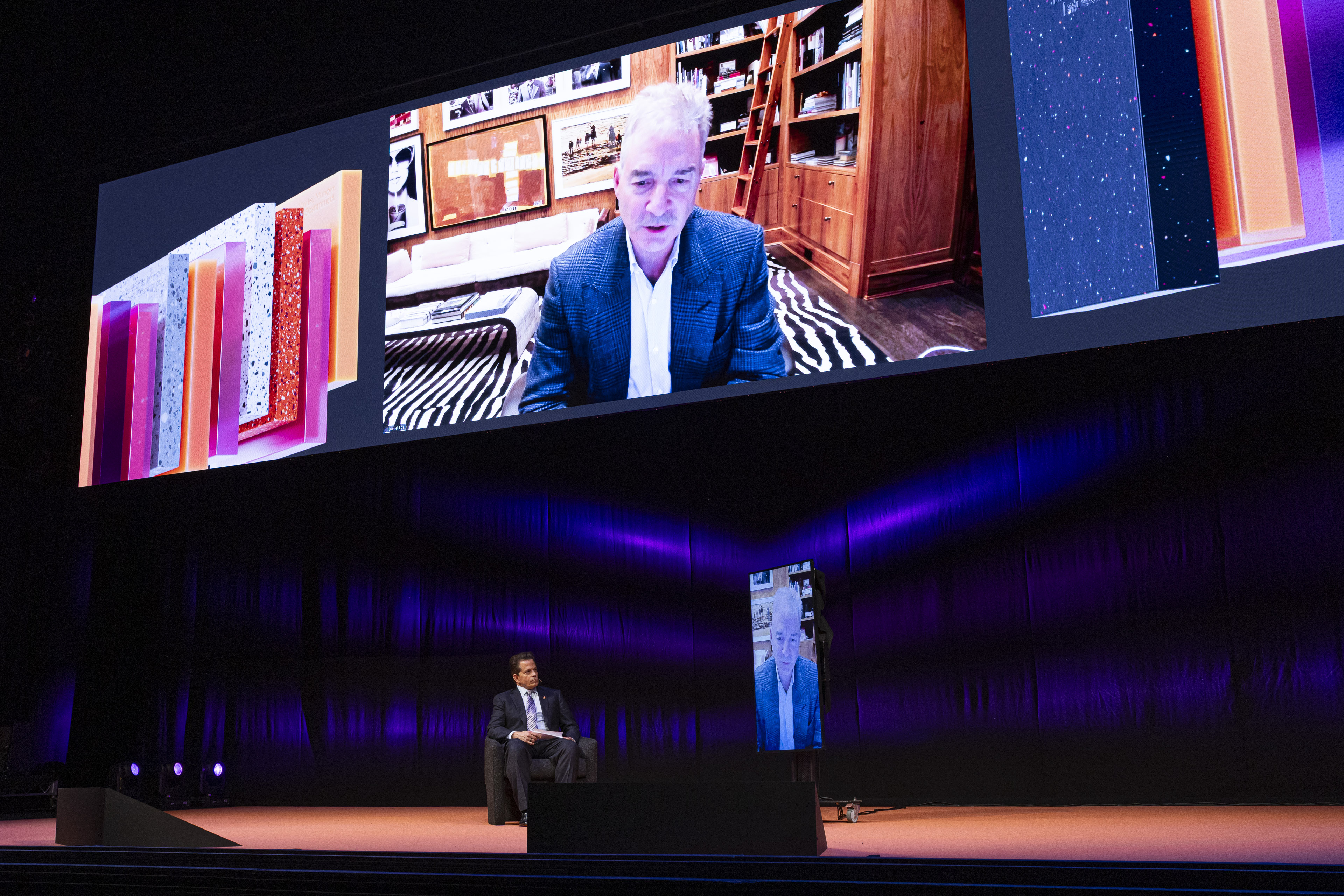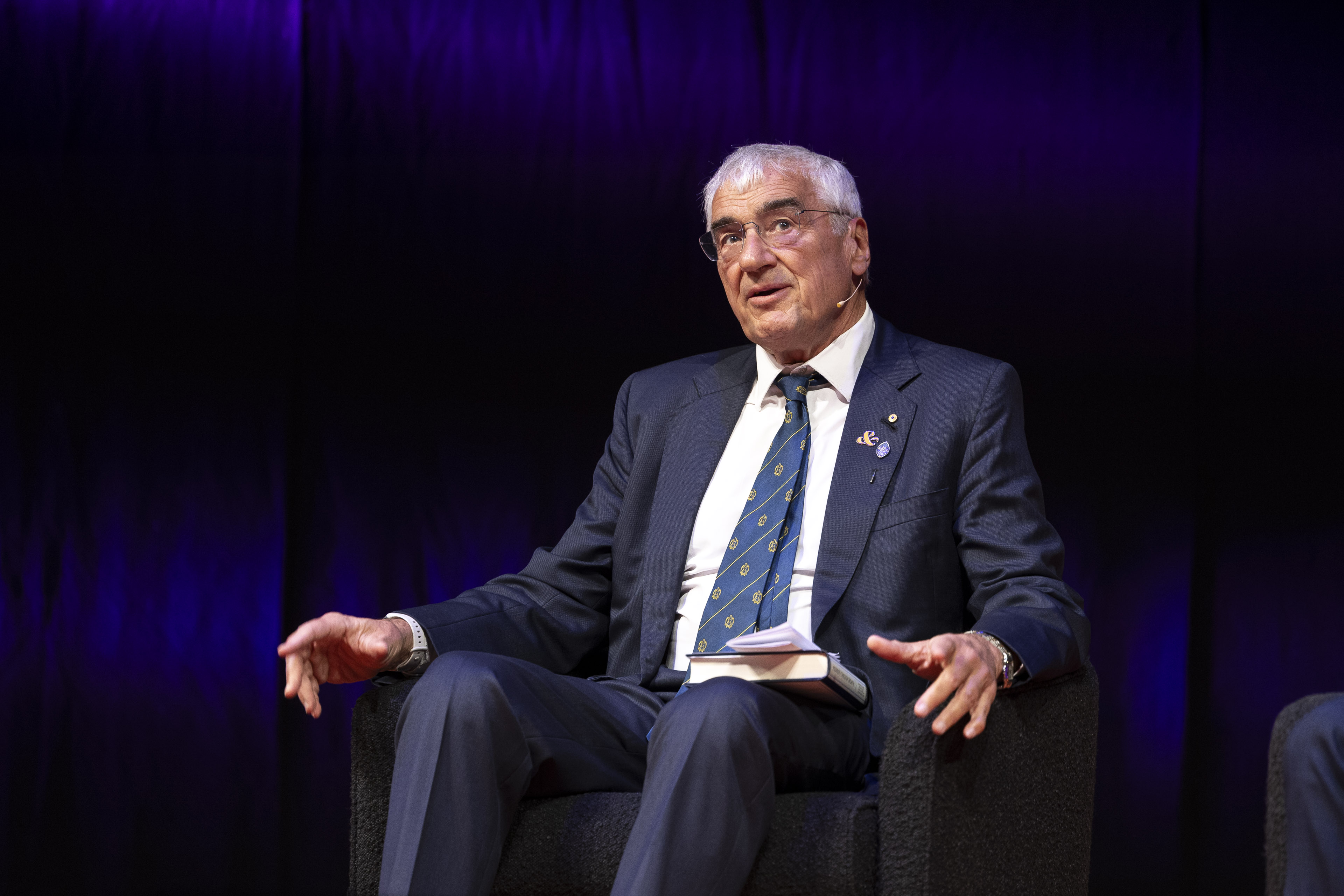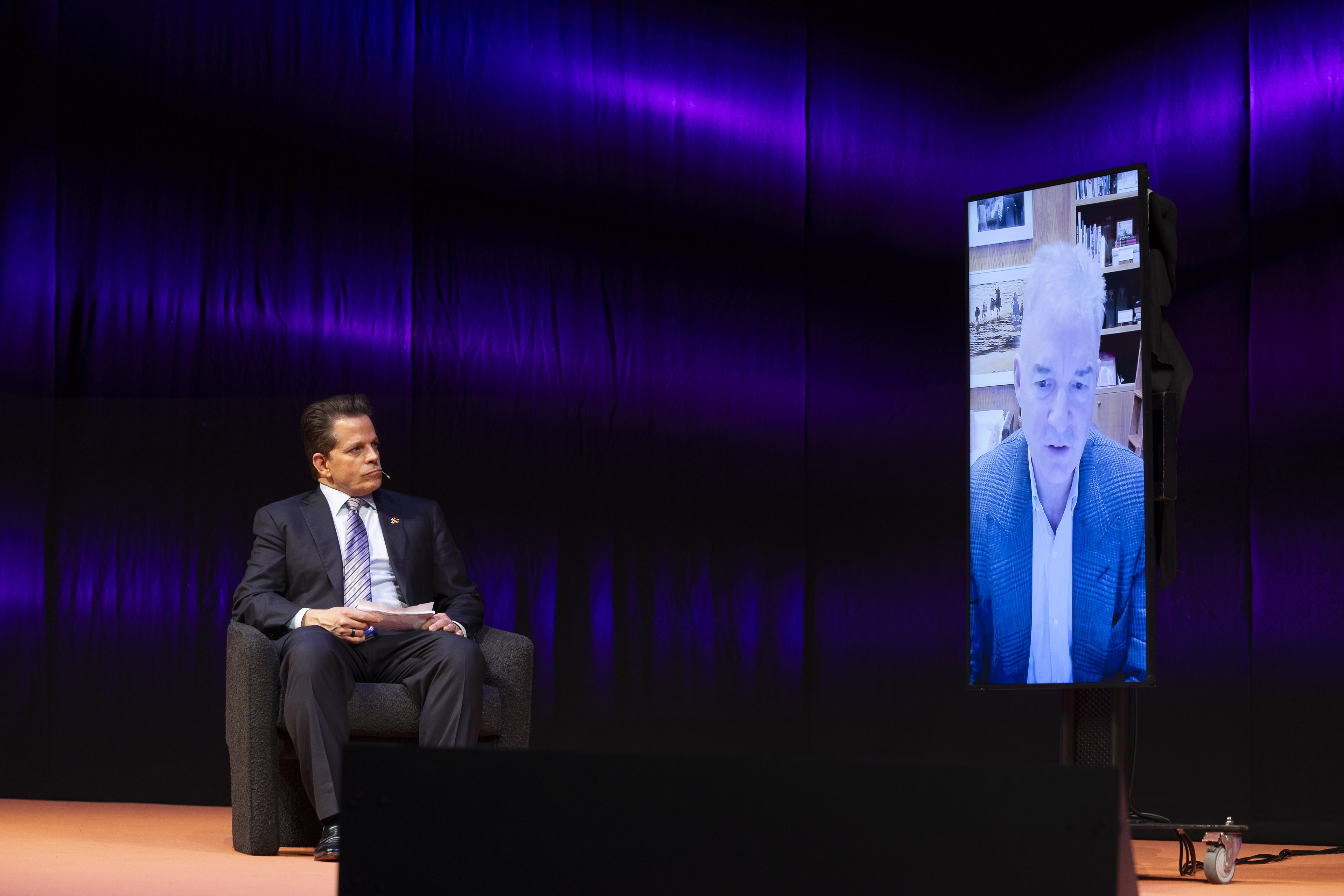When markets crashed in February and March, Nick Griffin and his team set out a plan for navigating the crisis by switching from defence to offence.
“We called it the attack plan,” the chief investment officer of Munro Partners told The Australian. “We built it in mid-March and we thought we’d execute it over a two to three-month period, but we ended up having to do it in just three weeks. It was quite frantic.
“We knew where we wanted to be invested. And so as the market was coming down, there were these great opportunities appearing. We said, well, this is how we want the portfolio to look, these are the companies we want to be in and this is what we’re going to do.
“We thought we’d just pick our spots over the next few months because there was no way the market was going to go back up in a straight line. But that’s exactly what it did.”
Mr Griffin co-founded Munro Partners, a global investment manager with a focus on growth equities, in 2016.
Its flagship fund, the $1.2bn Munro Global Growth Fund, returned 6.14 per cent in the March quarter, while the fund’s benchmark, the MSCI All Country World Index, plunged 10 per cent.
On a one-year basis to the end of April, the absolute return fund posted a 14.45 per cent return, versus the benchmark’s 2.17 per cent.

The firm’s guiding principle is that the equity market is a game of very few winners and a lot of losers. To pick the winners, Mr Griffin and his team look to the structural trends shaping the future, which is why roughly 50 per cent of the flagship fund’s holdings are in the digital space.
Shorts in energy and auto companies, as well as hedging and put options, helped the fund avoid the collapse in returns that hit much of the market earlier this year, Mr Griffin said.
That outperformance also helped it move quickly when the market turned in late March.
“If the market’s down 25 per cent and you still haven’t lost any money, it makes it much easier to have that clarity of thought,” Mr Griffin said.
The attack plan saw Mr Griffin and his team cover its shorts and hedges and double down on technology stocks.
The fund doubled its weight in Amazon and Alibaba and increased its position in healthcare play Thermo Fisher. (It also has holdings in Visa, Mastercard, Salesforce, ServiceNow, Atlassian and Danaher.)
The market saw the same opportunity, resulting in the tech-led rally that pushed the Nasdaq up 15.5 per cent in April and the S&P 500 up 12.7 per cent.
Despite US tech stocks surging in recent weeks, Mr Griffin does not see a FAANG (Facebook, Amazon, Apple, Netflix and Google owner Alphabet) bubble.
“If you actually sit down and do the maths, and you think about how big the total addressable market is for, say, Amazon, at only 3 per cent of US sales. And you think about the infrastructure footprint they’ve already built. And then you think about the cloud also, which is only 20 per cent penetrated, and think about how our lives are going to change in the next few years, and how much we’re going to work from home.
“The opportunity is huge. And these companies, as big as they are, they’ve only just gotten started.”
Inevitably there would be some sort of regulatory backlash down the road, Mr Griffin warned. The separation between Main Street and Wall Street was being accelerated by the COVID-19 pandemic, he said. But that was an issue for down the road, not for this year. “Because right now we actually need these companies,” he said. “So we need Microsoft to keep business going. We need Amazon to get the goods and services that we need. And Amazon’s hiring 175,000 people at the moment. Microsoft’s hiring people, so we need them to do well.”
While the fund has been buying up tech, healthcare and semiconductor stocks, it has avoiding financials, energy and media stocks. There was a valuation opportunity for financials, Mr Griffin said, but the sector’s earnings would be under pressure in the next few years. Likewise, there was value in the energy sector, but the fund was more comfortable investing in renewable energy.
Mr Griffin co-founded Munro Partners because he saw a gap in the Australian market due to a dearth of growth managers. The reason growth managers had fared better than value managers in recent years was because technology transition was happening at a faster and faster rate, he said.
“The big companies that are at the top of that can keep winning,” he said. “They have kept winning for years … so they can just continue to invest and be in front of this. That helps growth.
“For the value guys, the problem they’ve got is more and more companies are going broke faster than ever before. So for every one good value idea they get right, they’re probably getting two wrong. And so they end up with more and more value traps. “The good ones will still be able to find their way through it.”
You can view this article in The Australian here.
Nick Griffin, Co-Founder of Munro Partners is a two-time Conference Fund Manager.
Licensed by Copyright Agency. You must not copy this work without permission.

















